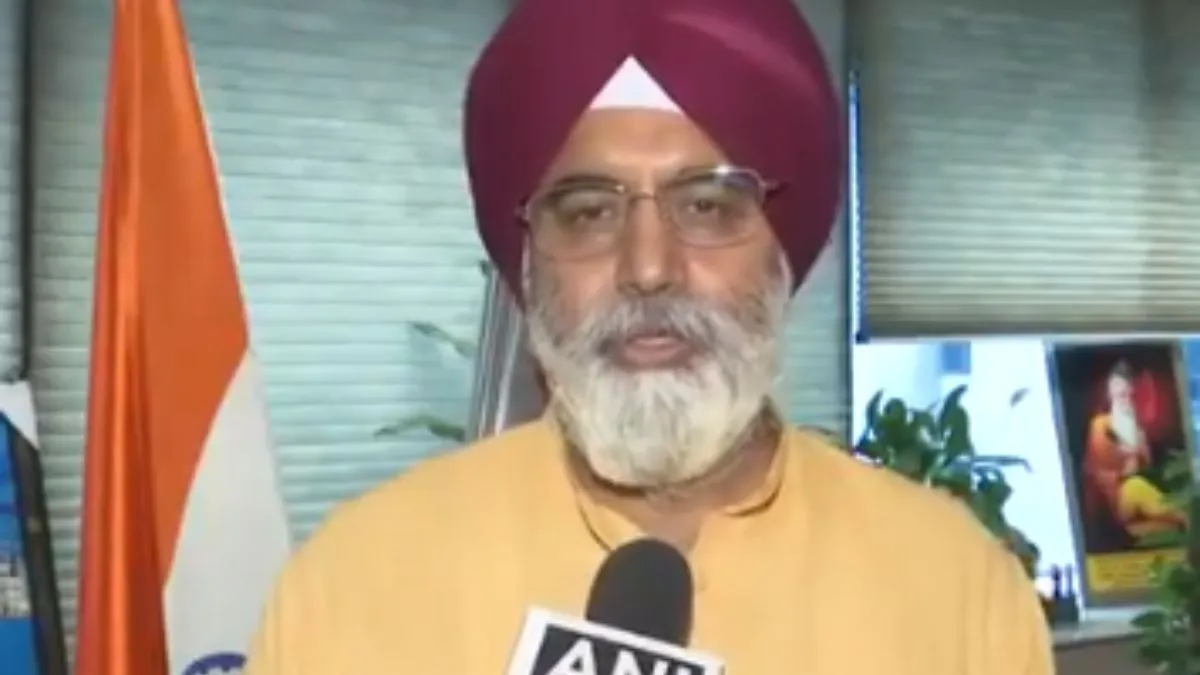Speaking on Tuesday, Singh thanked the SC for addressing the issue, calling it a “long-pending concern” for the people of Delhi. “Dog bites had become a serious problem, and there was no clear solution in sight. The Supreme Court’s decision is in favour of the public and we will follow it strictly,” he said.
Phased Plan To Remove Aggressive And Rabies-Infected Dogs First
The Mayor outlined a phased approach to carrying out the order.
– In the first stage, the Municipal Corporation of Delhi (MCD) will target dogs prone to aggressive behaviour or infected with rabies. These animals will be moved to existing shelter homes, with help from non-governmental organisations.
ALSO READ: Delhi: SC Directs No Action Against Old Diesel, Petrol Vehicles; Issues Notices To Centre, State Govt
– The second phase will focus on removing other stray dogs from the streets.
#WATCH | Over SC order on stray dogs in Delhi-NCR, Delhi Mayor Raja Iqbal Singh says, ” We will implement the Supreme Court order. MCD has 20 operational shelter homes. We will work in phased manner – in the first phase, we will pick dogs that are prone to biting or are… pic.twitter.com/zc2LxYILpQ
— ANI (@ANI) August 12, 2025
Delhi Dog News: 20 Functional Shelters, Helpline To Be Launched Soon
Singh said the MCD currently operates 20 functional shelter homes and will coordinate with all civic agencies in Delhi-NCR to create dog-free zones. A helpline will soon be launched to report incidents, and the city’s sterilisation programme will be expanded.
Supreme Court’s Direction
The Supreme Court, while hearing a suo motu case on the increase in dog-bite incidents, instructed Delhi civic bodies to round up all stray dogs, sterilise them and permanently house them in shelters. Authorities have also been told to increase shelter capacity for at least 5,000 animals, hire sterilisation and vaccination staff, install CCTV cameras in shelters and set up a helpline for bite complaints.
The order applies to Delhi, Noida, Gurugram and Ghaziabad and covers both sterilised and unsterilised dogs.
ALSO READ: Delhi Dry Day: Ban On Liquor Sales This Weekend; Room Service Allowed In These Hotels
Debate Over Ruling
Animal welfare groups have opposed the court’s directive. PETA India has called it “impractical”, warning that mass sheltering of Delhi’s estimated 10 lakh stray dogs would be impossible and could lead to overcrowding, starvation and disease outbreaks. The Federation of Indian Animal Protection Organisations (FIAPO) has urged authorities to instead strengthen sterilisation and vaccination drives, alongside better waste management and public awareness campaigns.
Activists also argue that the order contradicts the Animal Birth Control (ABC) Rules, 2023, which require that sterilised and vaccinated dogs be released back to their original areas. They have proposed increased funding, better coordination, and NGO partnerships to expand humane population control measures.
